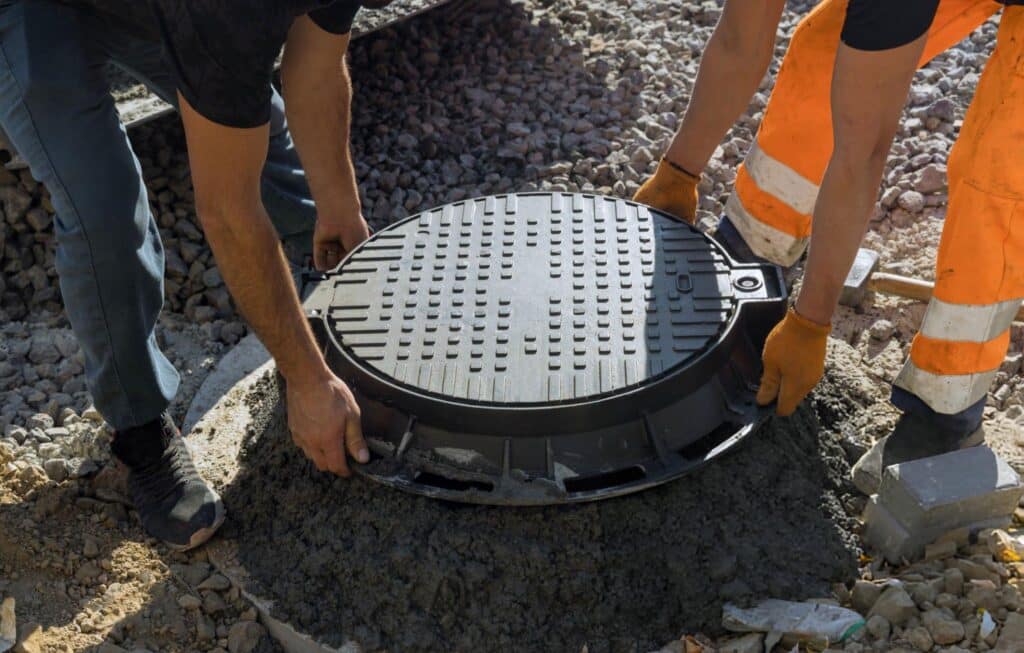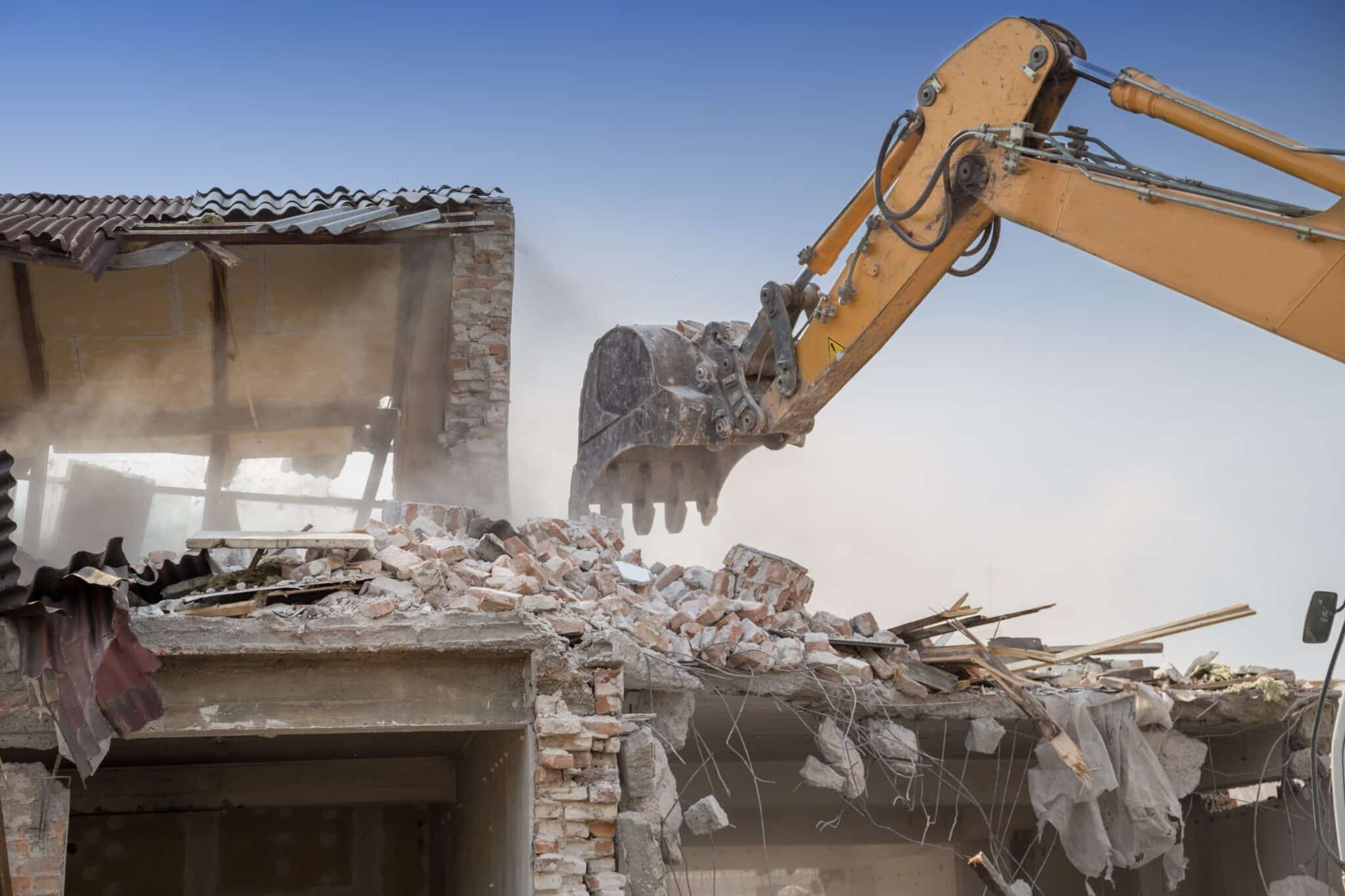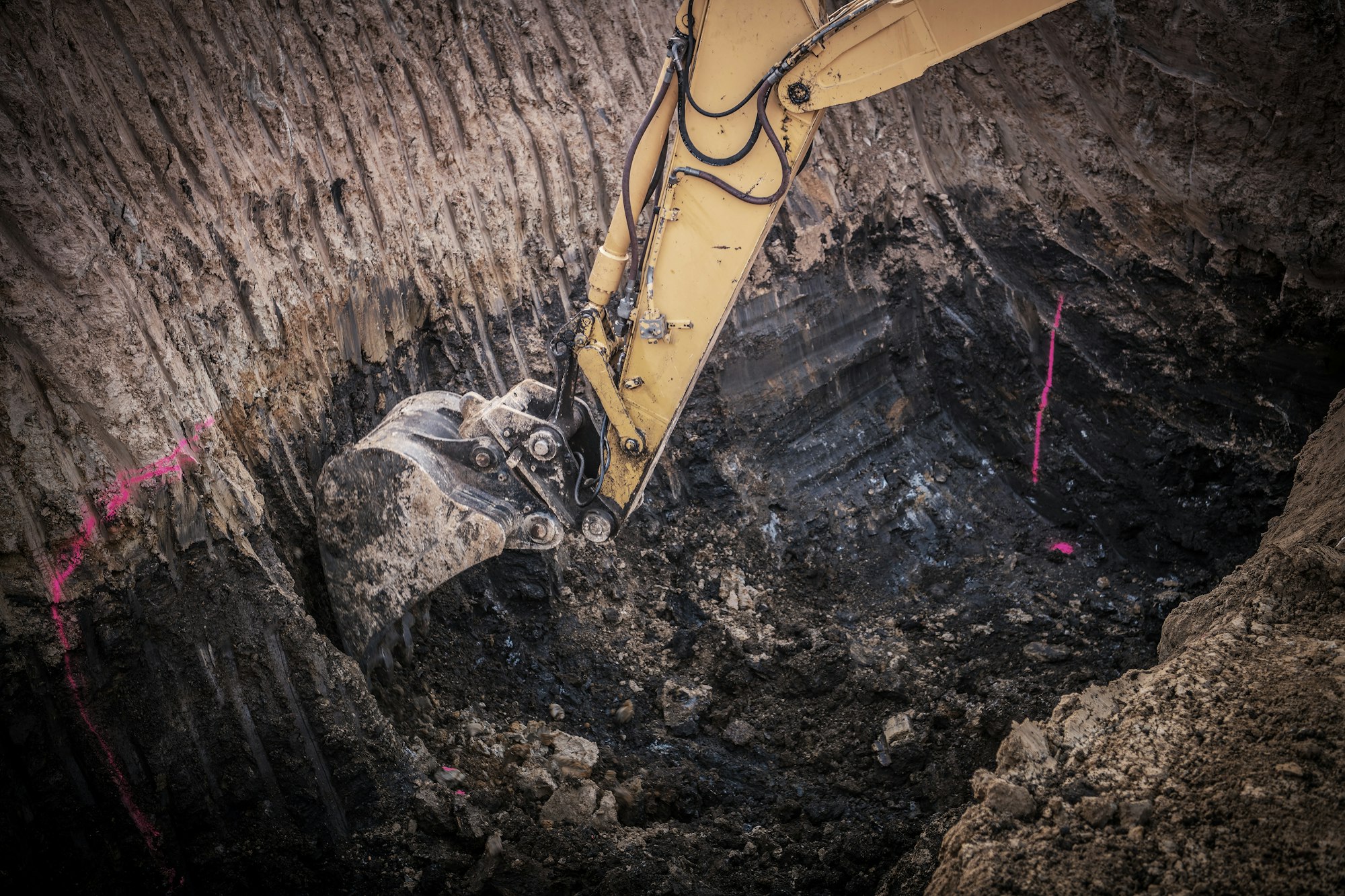When your septic system starts having trouble, the signs usually show up in small but annoying ways at first. Maybe the sink drains slower than usual, or the yard starts to smell a little off. It might not seem like a big deal in the beginning, but letting those signs go for too long could lead to costly repairs, property damage, or even closures if the issue gets out of hand. Septic problems don’t fix themselves, and catching them early can help you avoid a messy situation later on.
Many commercial properties rely on a septic system to handle wastewater quietly behind the scenes. But when it starts acting up, it can affect business operations, employee comfort, and property safety. The good news is the system often gives fair warning before things get serious. Understanding what to look for means you can act fast and take care of it before you’ve got a real problem on your hands.
Slow Drains Point to Bigger Issues
One of the first signs something might be off with your septic system is when water starts draining slower than usual. If only one area is draining slowly, like a single bathroom sink or a break room drain, it might be a small local blockage. But when several sinks, toilets, or drains all begin acting sluggish around the same time, that usually points to a septic issue.
A sluggish drain is trying to tell you something. Water should move out quickly and cleanly. When it doesn’t, the cause might be too much buildup in the septic tank or something blocking the pipes that lead into or out of it. In commercial buildings where wastewater is constantly flowing, delays like this can add up fast.
Here are a few things to watch out for when it comes to slow drains:
– Water pooling around floor drains or sinks after each use
– Gurgling noises coming from drains as water slowly trickles out
– Needing to plunge toilets more often
– Foul smells coming from slow drains, even if they aren’t fully clogged
These issues might seem small at first, but they all point to a system struggling to do its job. Waiting too long to respond could leave you with a full blockage or, even worse, a backup.
Unpleasant Smells Mean Trouble Below the Surface
If there’s one sign people tend to notice right away, it’s a bad smell. Septic systems are supposed to hold waste and break it down below the surface. That means if you start getting strong, foul odors inside or around the property, something is likely wrong.
Inside the building, the smell of sewage or rotten eggs drifting up from sinks, floor drains, or restrooms is a big red flag. Outside, those same smells near the area where your tank or drain field sits could mean leaking waste or a problem with the ventilation. Either way, it’s telling you that waste is not staying sealed and contained like it’s supposed to.
These odors usually grow stronger over time as the problem gets worse. It could be from waste not getting handled properly, a clogged or broken vent, or a backup forming in the system. Whatever the cause, those smells are a big reason to call a professional as soon as possible. If ignored, they can drift through the building, make it uncomfortable for people inside, and possibly cause health issues for staff or visitors.
A common example from properties we’ve worked with is when a maintenance team assumed the smell was coming from a clogged floor drain in the janitor’s closet. Cleaning didn’t stop the odor. It turned out the septic tank was close to full, and waste gases had started leaking back up the lines. Once the tank was pumped and inspected for leaks, the smell disappeared.
If you start smelling something foul that shows up out of nowhere and doesn’t go away after cleaning efforts, don’t shrug it off. Waste odors, indoors or outdoors, usually signal that your septic system needs attention.
Standing Water and Puddles Around the Tank
It’s easy to overlook small wet spots in the yard, especially if the weather has been dry. But if you’re seeing puddles or soggy patches near your septic tank or drain field and it hasn’t rained, it’s worth paying attention.
Standing water where the ground should be dry often means the system is leaking. It might be because the septic tank is full and pushing out liquid, or it could mean the drain field isn’t doing its job. Soil might be compacted, a pipe might be cracked, or the field might be backed up with solids. Any of these issues can send wastewater to the surface where it collects in low areas of the yard.
Keep an eye out for these signs:
– Constantly wet or muddy areas, even during dry spells
– Soft or spongy ground near the septic components
– Water that smells off or has a grayish color
– Mushrooms or unusual plant growth only in one area
These signs usually mean the wastewater isn’t filtering into the soil correctly. If ignored, something small like a puddle could turn into a much bigger deal. We’re talking health risks, soil contamination, and even damage to nearby structures if the leak spreads underground.
Wet spots near the septic area are easy to miss or dismiss. It’s easy to assume a sprinkler ran too long, or someone spilled water. But if the spot stays wet and doesn’t dry out with the rest of the lawn, don’t wait. Get it checked out fast.
Sewage Backups: A Clear Sign of Trouble
There’s almost nothing worse than sewage backing up into sinks or toilets. When waste bubbles up instead of draining away, you’ve got a big issue on your hands. This kind of problem is a clear sign the system is under pressure and failing to handle the load.
Backups can be triggered by a number of things, like a full septic tank, blocked main line, or broken pipe somewhere in the system. In commercial spaces, the impact is immediate. Bathrooms may become unusable. The smell can take over rooms. It could even shut down parts of the business until it’s fixed.
Common signs of a backup include:
– Sewage or dirty water appearing in sinks, showers, or toilets
– Gurgling noises in pipes when using water
– Backup in lower drains, like floor drains in storage areas or janitor closets
These signs should never be overlooked. The problem won’t go away on its own. If you notice even one of them, it’s time to call in qualified help quickly. Letting it go even for a day could mean bigger damage and a larger repair bill down the road.
Overly Green Grass: Lush But Suspicious
A green, healthy lawn is usually something to be proud of. But if you start noticing that one patch of grass is more lush or vibrant than the rest—and it just happens to be above the drain field—consider that a warning.
Unusual grass growth over the septic field often means nutrients from the system are leaking and feeding vegetation. It looks good on the outside, but it’s a signal things aren’t working as they should.
Signs this could be linked to your septic system include:
– One area of your lawn standing out with richer color or faster growth
– Soil that feels wet even though you haven’t watered or had rain
– Increase in weed clusters or plant growth in one spot
Too much liquid waste flowing from the system could point to an overload in the tank or a damaged drain pipe. Over time, the surrounding soil becomes saturated and starts pushing nutrients—and sometimes untreated waste—toward the surface.
That nice patch of green might look like your landscaping is thriving, but it’s a sign to dig deeper. Taking action early can prevent bigger problems down the road.
Keeping the System in Good Shape Year-Round
The simplest way to avoid these septic issues is with regular service and inspections. Having professionals come out on a routine basis helps spot minor problems before they turn into shutdowns or emergencies. Regular pumping also keeps the tank from filling up and sending waste where it shouldn’t go.
When you understand and act on the early warning signs, it can make all the difference. The last thing any business needs is an avoidable system failure causing delays, closures, or uncomfortable workspaces.
Trying to find and fix septic problems without the right tools or know-how can backfire. A pro can quickly check components, look for hidden damage, and provide the kind of cleaning or repair that lasts.
Spot the Signs Early and Avoid the Mess Later
Watching out for the small clues a septic system gives you saves time, stress, and money down the road. Slow drains, strange smells, damp patches, or suspiciously green grass are the system saying something’s wrong. Don’t wait for water to come back up through the drains to call in the pros.
With regular checks and a little awareness, any property owner can stay ahead of septic trouble. It keeps your workplace clean, keeps everything running how it should, and gives peace of mind that your system is doing what it’s supposed to do. Stay alert, act early, and you’ll avoid those big, messy surprises.
Keep your system working like it should by taking action when early signs appear. For dependable solutions and expert support, McMichael Waste Services offers reliable septic system services tailored to meet your property’s needs.








